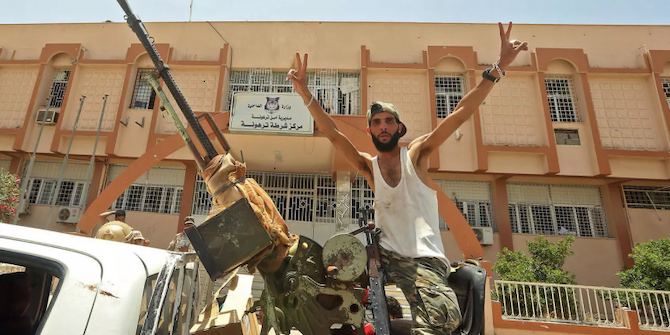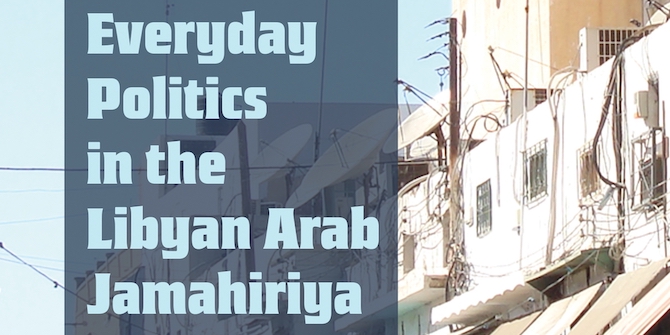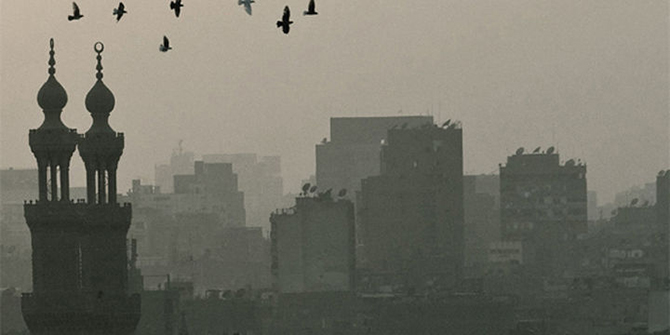by Rufat Ahmedzade

A Turning Point?
The Turkish intervention in Libya’s civil war and its indirect military participation have significantly changed the balance of power in favour of the Tripoli-based Government of National Accord (GNA). Its primary rival, General Khalifa Haftar and his Tobruk-based Libyan National Army (LNA), suffered colossal defeats in their recent westward incursion toward Tripoli. This was followed by a GNA counteroffensives which led to the seizure of strategically vital territories controlled by allied warlords, including the town of Tarhuna, which was until recently a crucially important supply route for Haftar’s advance on Tripoli.
The horrific discovery of a number of mass graves containing alleged victims of Haftar’s war crimes shows the extent of human misery in the Libyan civil war. As the GNA continues its push on Sirte and Al Jufra Airbase, Haftar’s backers – Egypt, the UAE and France – are alert to the shifting balance of power on the ground. Egyptian President Abdel Fattah el-Sisi tried to broker a ceasefire in Libya after Haftar’s defeats, but this was rejected by the GNA and Turkey. Turkish Foreign Minister Cavusoglu said the proposal ‘does not seem not sincere’, describing it as a move to save Haftar from further setbacks. President Sisi’s verbal threats that ‘Sirte is the red line’ are unlikely to be followed by military action, as Egyptian and Emirati pilots, unmanned aircraft and weaponry have already tried to facilitate Haftar’s triumph in Libya, but have so far failed. Facing an insurgency in the Sinai and a fragile domestic situation, the Egyptian president is not expected to send ground troops abroad. Sisi’s remarks were supported by the Emiratis, Saudis and, interestingly, by the Syrian dictator Assad. Turkey’s role in Libya and the wider Middle East is annoying the Arab regimes due to its support for political Islam, mainly the Muslim Brotherhood. But Ankara’s military moves seem to have created a divergence between NATO member states France and Turkey with a growing collision in French-Turkish interests in the Mediterranean.
Rising Tensions and High Stakes
Libya has become the main battleground in Turkey and France’s clash of strategic interests. France accused Ankara of smuggling weapons into the country and thus breaching its obligations undertaken in the Berlin Conference on Libya. The incident between Turkish and French warships in the Eastern Mediterranean further increased tensions, with France alleging that a Turkish vessel avoided inspection by the French warship Coubert by turning off its transponder and not giving its final destination – and that Turkish sailors donned bullet-proof vests and readied their light weapons during the incident.
Turkish military officials rejected the French claim and NATO has already opened a probe to investigate the incident. French President Emmanuel Macron has criticised Turkey’s military and political moves in Libya, accusing it of playing ‘a dangerous game’. Macron also stressed that France would refuse to tolerate Turkey’s actions in Libya, having discussed this in a phone call with US President Trump. Turkey hit back over Macron’s remarks, with Foreign Minister Mevlut Cavusoglu saying that ‘France is playing a dangerous game in Libya’ by exceeding its capabilities there.
The rising tensions between the two countries are not new, as France has been supporting Greece and Cyprus in the EastMed natural gas dispute with Turkey. Ankara’s Libya involvement mostly stems from this dispute, as it fears being sidelined and has resolved to act unilaterally in an attempt to restore its position in the Mediterranean. The arrest of four Turkish nationals Ankara accuses of ‘spying’ for France is a further sign of strained relations. According to the Turkish media, a former employee of the French Consulate’s security service was gathering intelligence for France’s Directorate-General for External Security. The French have denied supporting Haftar and claim to be in favour of a political settlement in Libya. However, Paris provided Haftar with weapons in his fight against Islamist groups and French political support has played an important role in Haftar escaping international criticism. France avoids criticising Haftar’s supporters, including Egypt, the UAE and Russia, and reserves its opprobrium for Turkey only. Despite geopolitical tension with Moscow, Paris seems to be less concerned about the Russian presence in Libya than the Turkish.
In truth, Haftar has been France’s preferred Libyan strongman since 2015, and ensuring a pro-Paris government in Libya has been a centrepiece of French foreign policy since 2011. France wants to secure a share of Libya’s oil and gas industry, curb the power of Islamist militants in North Africa and the Sahel region, and put an end to the illegal migration route through Libya into Europe. The presence of French special forces on the ground is a poorly guarded secret and the death of three of its undercover soldiers in a helicopter crash in 2016 served as proof of French involvement. Upon winning the presidential election in 2017, Macron tried to initiate a peace settlement between Haftar and GNA leader Fayez al-Sarraj in Paris as part of his strategic aim to restore France’s influence in international affairs. Tackling the Islamist threat has united France with Egypt, the UAE and Saudi Arabia in supporting Haftar’s military gains. However, Turkey and Qatar’s support for the Muslim Brotherhood and other Islamist forces is preventing the success of this ground strategy.
Libya’s multifaceted proxy war is becoming more complex, as the various interests of different countries and political sides collide. Although Turkish involvement has made a difference by establishing parity in the conflict, a key role could be played by Russia depending on which side it opts to support. A Russia-Turkey partnership, as has developed in Syria where each country recognises the other’s interests, could yet swing the balance – providing a significant strategic loss for Macron and France.







8 Comments